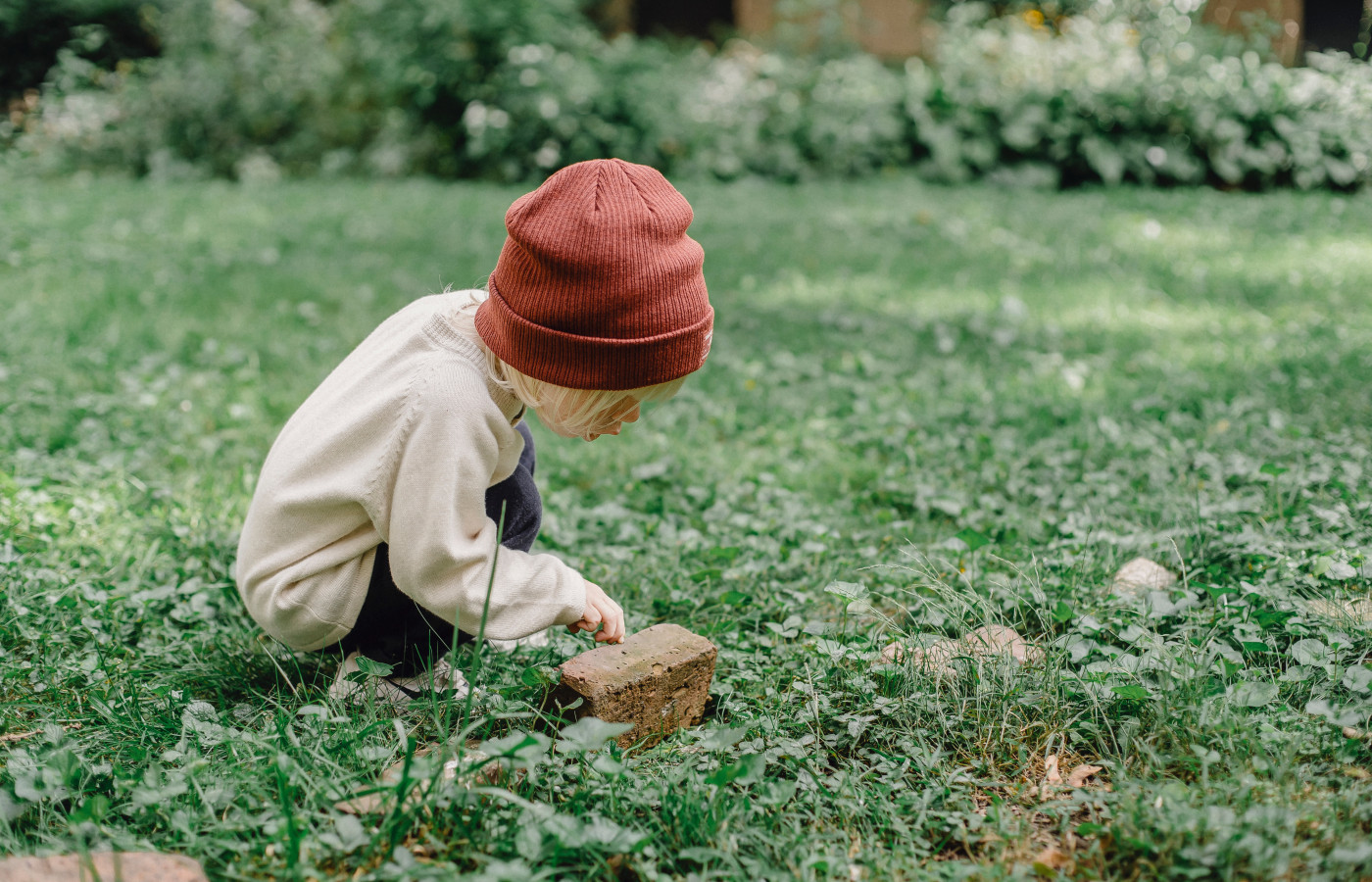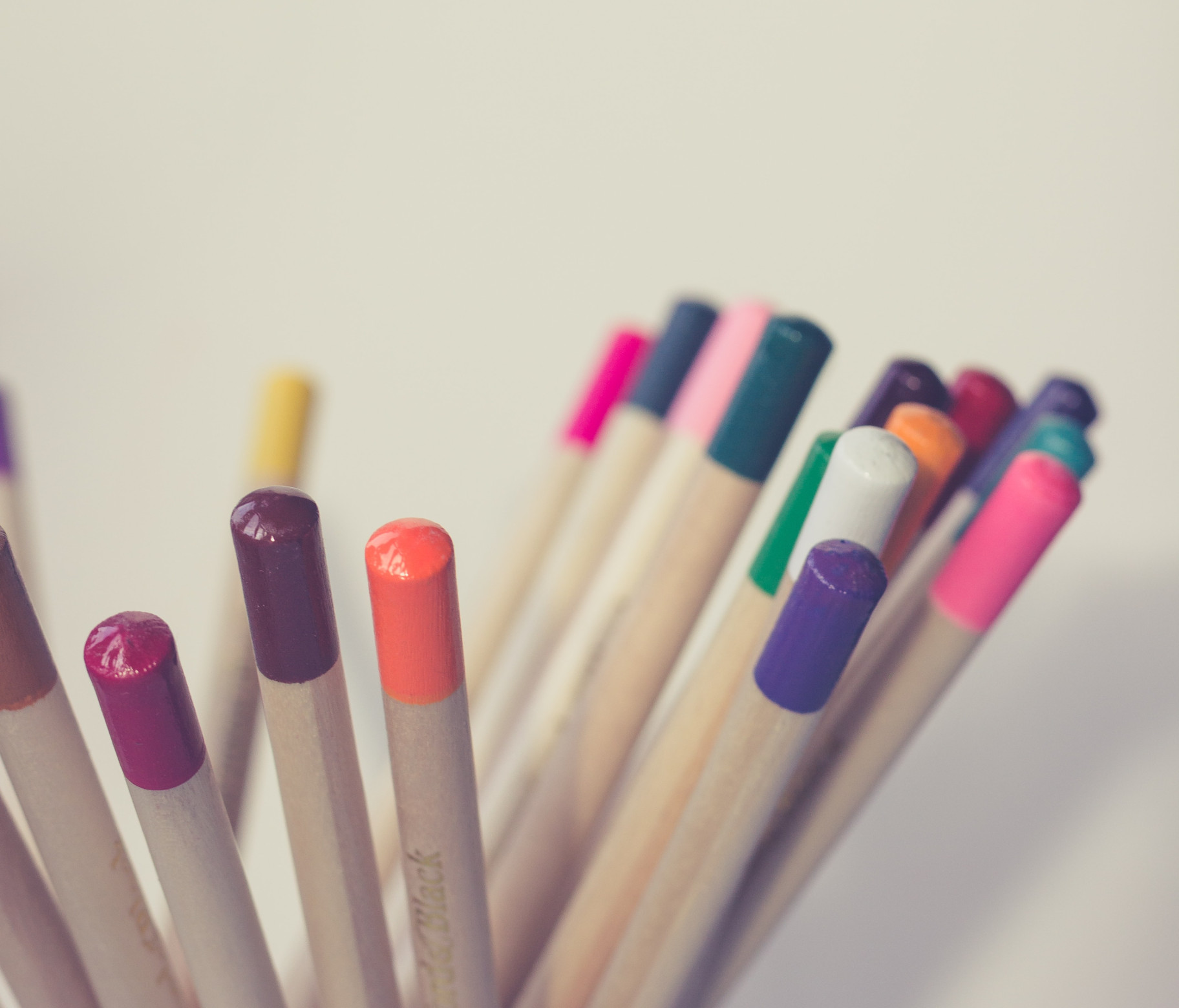Nature collectors

Nature collectors
Collecting natural materials using tongs/tweezers
Materials Required
- Kitchen tongs
- Children's tweezers
- Bucket or small bowl
Play experience profile
-
Ages:
-
Min Playtime15 - 30 Minutes
-
Skills
-
Energy LevelActive play
-
Messiness Rating
-
EYLF Outcomes
Play Experience Preparation
Consider sun safety while outdoors - remember to slip, slop, slap!Experience Steps
- Walk around the natural environment (e.g. park or backyard).
- Engage your child by drawing their attention to their senses. Ask questions or making comments about all the things you can hear, smell, see and feel.
- Demonstrate to your child how to use the tongs/tweezers by using them to pick up an item and place it in the bucket/bowl.
- Encourage your child to try using the tongs/tweezers.
- Continue collecting and talking with your child about what you are both noticing.
- When finished, arrange and talk about your collections.

What to talk about, or questions to ask during the experience
- Senses: what do you see, smell, taste, hear, feel?
- Weather: e.g. sunny, cloudy, hot, cold, windy.
- Seasons: e.g. summer, winter, spring and autumn.
- Numeracy: How many petals does the flower have? Which is the longest stick? Which rock feels heavier?
Build on this...
- Taking the tong/tweezers to different natural environments e.g. the beach.
- Using the found items to make patterns or ephemeral art.
- Creating categories using the found items e.g. colour, shape, size.
WHO guidelines for physical activity and sedentary behaviour
Provide evidence-based public health recommendations for children, adolescents and adults on physical activity.
Learn more
Provide evidence-based public health recommendations for children, adolescents and adults on physical activity. Learn more
Walking around, bending and lifting are all ways that this experience engages you and your child in physical activity.
EYLF Outcomes
The Early Years Learning Framework has been designed for use by early childhood educators working in partnership with families, children’s first and most influential educators.
View PDF
The Early Years Learning Framework has been designed for use by early childhood educators working in partnership with families, children’s first and most influential educators. View PDF
- Children develop a range of skills and processes such as problem solving, inquiry, experimentation, hypothesising, researching and investigating
- Children develop dispositions for learning such as curiosity, cooperation, confidence, creativity, commitment, enthusiasm, persistence, imagination and reflexivity
EYLF Principle
Principle 3: High expectations and equity. Children progress well when they, their parents and educators hold high expectations for their achievement in learning.
EYLF Practice
Practice: Learning through play. Play can expand children’s thinking and enhance their desire to know and to learn. In these ways play can promote positive dispositions towards learning. Children’s immersion in their play illustrates how play enables them to simply enjoy being.
Author:


